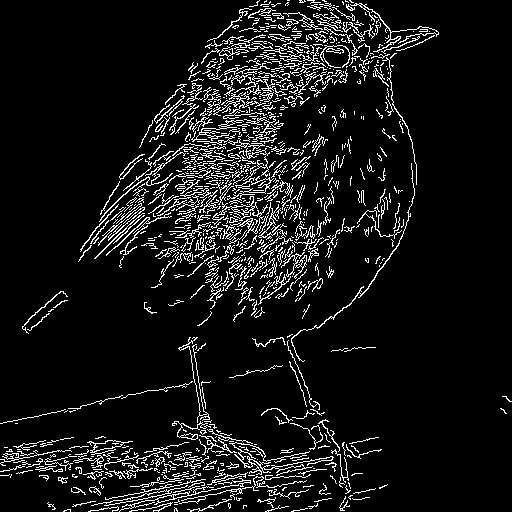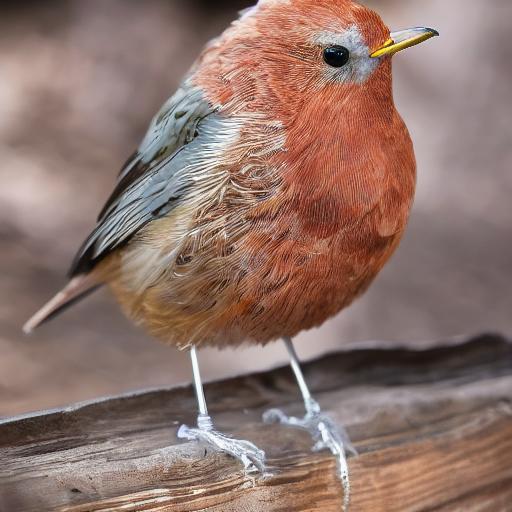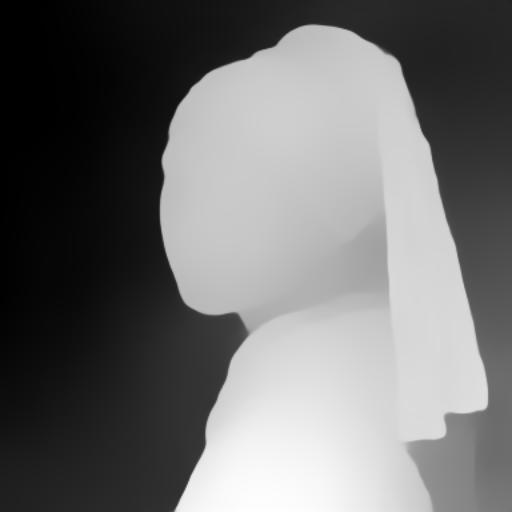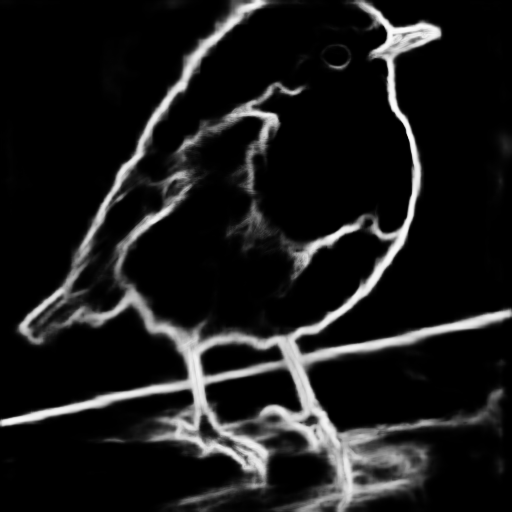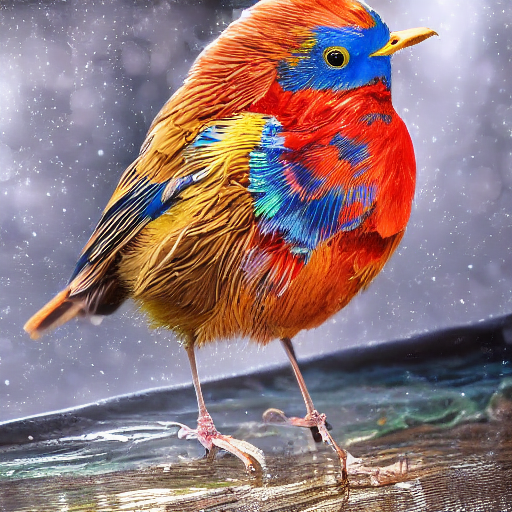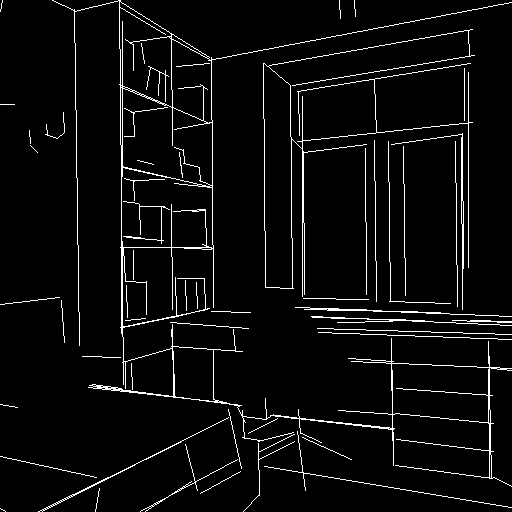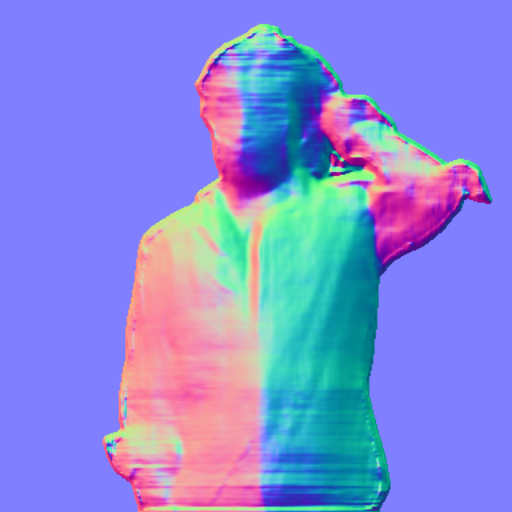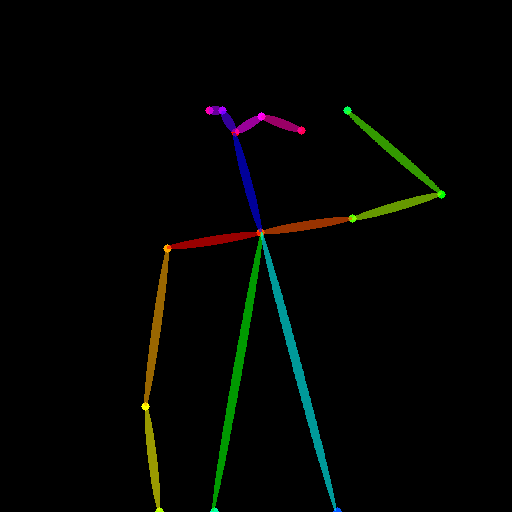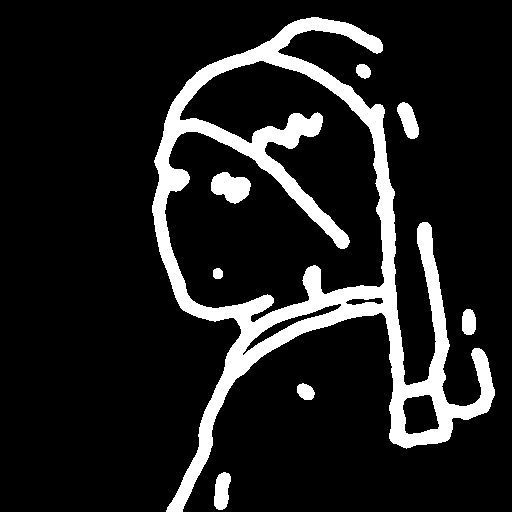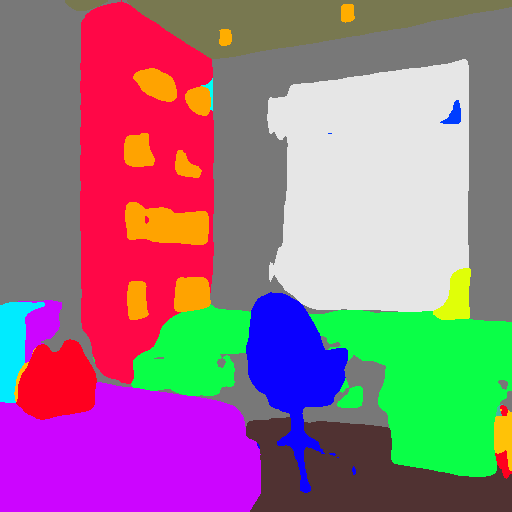license: openrail
base_model: runwayml/stable-diffusion-v1-5
tags:
- art
- controlnet
- stable-diffusion
- image-to-image
widget:
- src: https://huggingface.co/datasets/mishig/sample_images/resolve/main/canny-edge.jpg
prompt: Girl with Pearl Earring
Controlnet - Canny Version
ControlNet is a neural network structure to control diffusion models by adding extra conditions.
This checkpoint corresponds to the ControlNet conditioned on Canny edges.
It can be used in combination with Stable Diffusion.

Model Details
Introduction
Controlnet was proposed in Adding Conditional Control to Text-to-Image Diffusion Models by
Lvmin Zhang, Maneesh Agrawala.
The abstract reads as follows:
We present a neural network structure, ControlNet, to control pretrained large diffusion models to support additional input conditions.
The ControlNet learns task-specific conditions in an end-to-end way, and the learning is robust even when the training dataset is small (< 50k).
Moreover, training a ControlNet is as fast as fine-tuning a diffusion model, and the model can be trained on a personal devices.
Alternatively, if powerful computation clusters are available, the model can scale to large amounts (millions to billions) of data.
We report that large diffusion models like Stable Diffusion can be augmented with ControlNets to enable conditional inputs like edge maps, segmentation maps, keypoints, etc.
This may enrich the methods to control large diffusion models and further facilitate related applications.
Released Checkpoints
The authors released 8 different checkpoints, each trained with Stable Diffusion v1-5
on a different type of conditioning:
Example
It is recommended to use the checkpoint with Stable Diffusion v1-5 as the checkpoint
has been trained on it.
Experimentally, the checkpoint can be used with other diffusion models such as dreamboothed stable diffusion.
Note: If you want to process an image to create the auxiliary conditioning, external dependencies are required as shown below:
- Install opencv
$ pip install opencv-contrib-python
- Let's install
diffusers and related packages:
$ pip install diffusers transformers accelerate
- Run code:
import cv2
from PIL import Image
from diffusers import StableDiffusionControlNetPipeline, ControlNetModel, UniPCMultistepScheduler
import torch
import numpy as np
from diffusers.utils import load_image
image = load_image("https://huggingface.co/lllyasviel/sd-controlnet-hed/resolve/main/images/bird.png")
image = np.array(image)
low_threshold = 100
high_threshold = 200
image = cv2.Canny(image, low_threshold, high_threshold)
image = image[:, :, None]
image = np.concatenate([image, image, image], axis=2)
image = Image.fromarray(image)
controlnet = ControlNetModel.from_pretrained(
"lllyasviel/sd-controlnet-canny", torch_dtype=torch.float16
)
pipe = StableDiffusionControlNetPipeline.from_pretrained(
"runwayml/stable-diffusion-v1-5", controlnet=controlnet, safety_checker=None, torch_dtype=torch.float16
)
pipe.scheduler = UniPCMultistepScheduler.from_config(pipe.scheduler.config)
pipe.enable_xformers_memory_efficient_attention()
pipe.enable_model_cpu_offload()
image = pipe("bird", image, num_inference_steps=20).images[0]
image.save('images/bird_canny_out.png')



Training
The canny edge model was trained on 3M edge-image, caption pairs. The model was trained for 600 GPU-hours with Nvidia A100 80G using Stable Diffusion 1.5 as a base model.
Blog post
For more information, please also have a look at the official ControlNet Blog Post.

